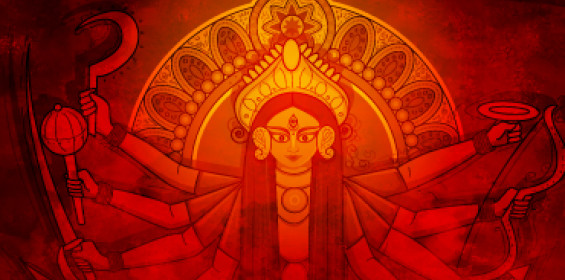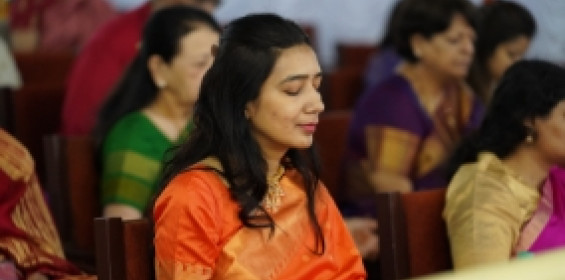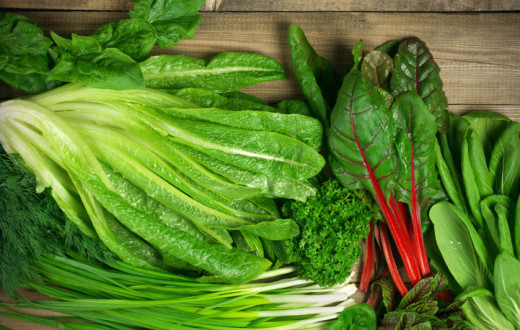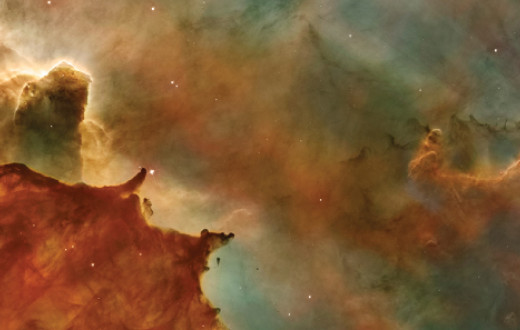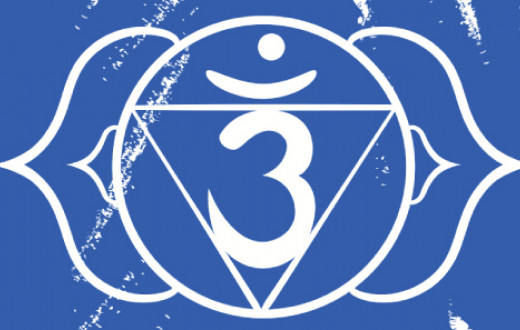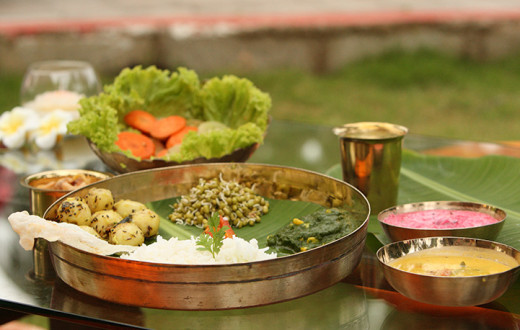Understand the significance of Pitru Paksha
India is an ancient civilization. There are some timeless ethos that have nurtured this land, making it the only continuous civilization in the world. One of the values imbibed in our culture is that of honoring our ancestors. Shouldn’t we be grateful to our forefathers who have shaped our present lives through the knowledge and values they have passed on? We owe our very existence to them. In fact, the world we live in is a wonderful present left behind by them.
Pitru Paksha – A fortnight dedicated to our ancestors
This accounts for the annual tradition of Pitru Paksha, a 16-day period of paying respects to our departed parents and forefathers. This waning fortnight in the month of Bhadrapada in the Indian calendar typically falls in September-October.
Pitru Paksha, also known as Mahalaya Paksha, starts on a Full Moon and ends on a New Moon known as Mahalaya Amavasya. Maha means great and Laya refers to dissolution.
Pitru Paksha or Mahalaya Paksha is a period representing dissolution that must precede recreation. Recreation is represented by the transition period of Devi Navaratri which immediately follows Mahalaya Amavasya, except during the years when adhik maas, the extra month is added to the Hindu calendar.
The Full Moon which heralds the beginning of Mahalaya Paksha, lies aligned with the star in Aries known as Bharani in Indian astronomy. Bharani is associated with Lord Yama, the god of Death. The fortnight starting from the Full Moon until the New Moon is thus observed as the time to pay respects to the ancestors so that the prayers and offerings may reach the abode of Yama and from thereon to our ancestors.
Connotation of Pitru with regards to Pitru Paksha
The Sanskrit term for an ancestor is Pitru which is also the etymological root for the Hindi word Pitha, meaning father, and also the English word paternal.
We have the popular adage, Pitru Devo Bhava - Father is Divine.
The word Pitru in the context of Pitru Paksha is not limited to our father but is an all-encompassing word including forefathers across generations and is also not gender-specific. In other words, Pitru is a connotation for all our ancestors who are revered and offered worship during Pitru Paksha.
Is Pitru Paksha inauspicious?
Oftentimes, we have also heard that we shouldn’t buy anything prominent, including a house or a vehicle, during Pitru Paksha. This doesn’t in any way mean that Pitru Paksha is actually bad, a time to remain mournful and not perform any good actions. The rules pertaining to Pitru Paksha have been framed by our ancients so that we may forge a subtle connection with our ancestors and stay in their remembrance. The purpose is to divert our attention from the gross material world and connect ourselves with the subtle realm, the plane belonging to our ancestors.
These 16 days of Pitru Paksha have been fixed so that we may spend some time for our ancestors, with dedication and reverence.
Pitru Rina – The debt to be cleared during Pitru Paksha
In the Indian tradition, there are three debts we need to clear:
- Deva Rina – Debt to the gods for gracing us with wealth and prosperity
- Rishi Rina – Debt to the sages for providing us with knowledge
- Pitru Rina – Debt to our ancestors, for providing us with the human frame, knowledge, skills, and other privileges. It is with our human body that we lead our material life and also undertakes our spiritual journey.
Pitru Paksha is the period when our ancestors are pleased and pacified through various rituals like shraddha and tarpan to be free from the debt we owe them.
Shraddha – An important ritual during Pitru Paksha
Shraddha is a ritual that is usually performed for our parents on their death anniversaries. Additionally, it is also performed for our ancestors, both maternal and paternal, during Pitru Paksha. Thus Pitru Paksha is also known as Shraddha Paksha. The Shraddha that we perform during Pitru Paksha is known as Pitri Shraddha.
Shraddha means faith, confidence, and reverence. It is a practice undertaken in good faith for our forefathers, showing our gratitude. Shraddha can be performed both by the son and the daughter.

The Shraddha process includes,
- Inviting the priests who invoke the spirits of the ancestors.
- Performing a homa invoking agni (fire divinity) and soma (moon divinity), the transmitting divinities who transfer the offerings to the ancestors. The objects dear to the ancestors when they were alive are offered into the sacred fire which is believed to bring contentment to the souls in the other realm.
- Offering pind daan to the ancestors.
Pind daan is an offering of rice balls to the departed souls through the relevant ceremonies in accompaniment to the chanting of mantras. Subsequently, rice balls are also offered to the crows which are revered as representatives of the ancestors. Pind daan is usually conducted on the banks of a river.
A legend from the Mahabharata
A legend from the Mahabharata highlights the importance of feeding the hungry during Pitru Paksha. When Karna breathed his last, he attained swarga, heaven. He was offered only gold and other jewels as food. When the pangs of hunger began to eat into him, Karna approached Yama, the Divinity of Death. Yama told Karna that since he had, during the course of his life, offered gold and jewels to people and not food or pind daan to his ancestors, he now had to go hungry.
Importance of donation during Pitru Paksha
Apart from performing pind daan, there is much prominence given to providing food and carrying out daan, donation during Pitru Paksha. As per our scriptures, donation is done for social welfare. The act of donation to those harming society is prohibited and doesn’t in any way bring good. Thus there has been the tradition of donating and performing charity to the priestly class.
A priest is known by the term purohit, pur meaning the world and hit, welfare. A purohit is the one who always works for the good of the society and hence feeding and rewarding the purohit during Pitru Paksha is said to greatly please our ancestors and has been a part of our tradition. Additionally, the hungry and needy are also to be fed and helped during Pitru Paksha. There is a common belief that whatever service we undertake during Pitru Paksha directly reaches our ancestors.
The significance of tarpan during Pitru Paksha
Tarpan is another ritual that involves appeasing the ancestors. When our ancestors or our late parents are not happy and bear some ill feelings against us, then we incur what is known as pitru dosha which can create many hurdles in our everyday life. The only way to console them and absolve ourselves of pitru dosha is through tarpan which is performed on Amavasya, New Moon Day, and also specifically during pitru paksha.
Tarpan consists of offering sesame seeds to our parents and ancestors in the other world while praying that all petty thoughts - as tiny as sesame seeds - are discarded.
This practice is supposed to relieve the ancestors from unwanted impressions and bring relief to the departed. Thus it has been said that there is no liberation sans a daughter or a son. If the parents aren’t given this knowledge of avoiding unwanted thoughts and feelings during the course of their life, then it needs to be passed on to them by their children in their afterlife.
Gurudev Sri Sri Ravi Shankar says, “While we understand the significance of these practices, it is necessary that we live in knowledge and remain content. When we attain knowledge during our life, we are freed. Then we don’t need to wait for our children to give us knowledge over our corpse.”
Maintaining a harmonious state of mind during Pitru Paksha
It is also vital that we remain in a harmonious state of mind, live in knowledge, and nurture pure thoughts during Pitru Paksha. For this, we need to undertake spiritual activities like meditation and satsang (congregational singing), and also consume pure wholesome sattvic food, remaining in a vegetarian diet. It is also a practice to make and consume food that was relished by the ancestors during their stay on earth. This way we develop an unseen rapport with our relations in the other world as they shower us with their bountiful blessings.
Traditions similar to Pitru Paksha in other lands
The belief of consoling and pleasing our ancestors is found in varied forms in different traditions across the world. In China, there is a tradition of burning paper on what is observed as Tomb Sweeping Day. The burning of paper representing the unwanted rubbish is a way of paying tributes to the ancestors in the ancient Taoist tradition.
Similarly, in Singapore people observe the Hungry Ghost Festival when papers decorated with worldly items such as cars, houses and televisions are burned. This is believed to fulfill the unwanted desires of the departed souls in their afterlife.
Need to honor ancient practices

The prime focus of all these practices and rituals is to win the favor of our ancestors and earn their blessings. Off late, many such values are disappearing into the obscurity of modernity. We fail to realize that it is only such timeless practices that have made India the only surviving ancient civilization.
When we show gratitude, we breed abundance. With this understanding, we need to offer tarpan and shraddha to our ancestors every year.
Some of the inputs have been taken from Ashutosh Chawla, Head, Jyotish and Vastu, Vaidic Dharma Sansthan.

